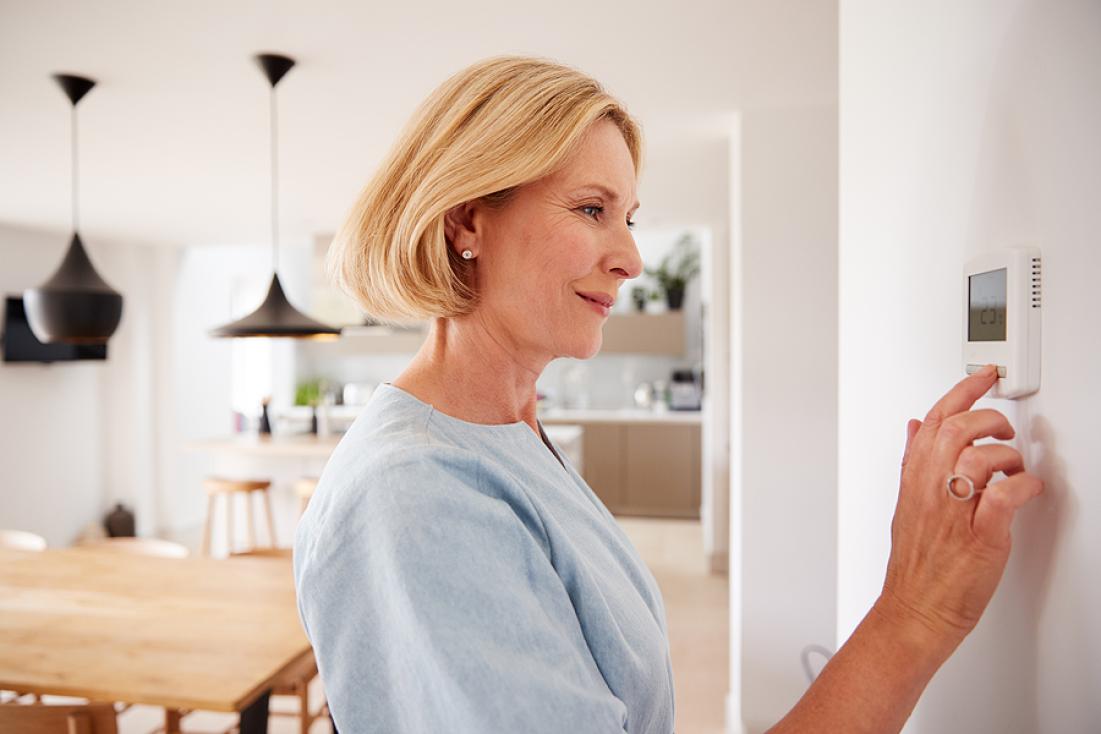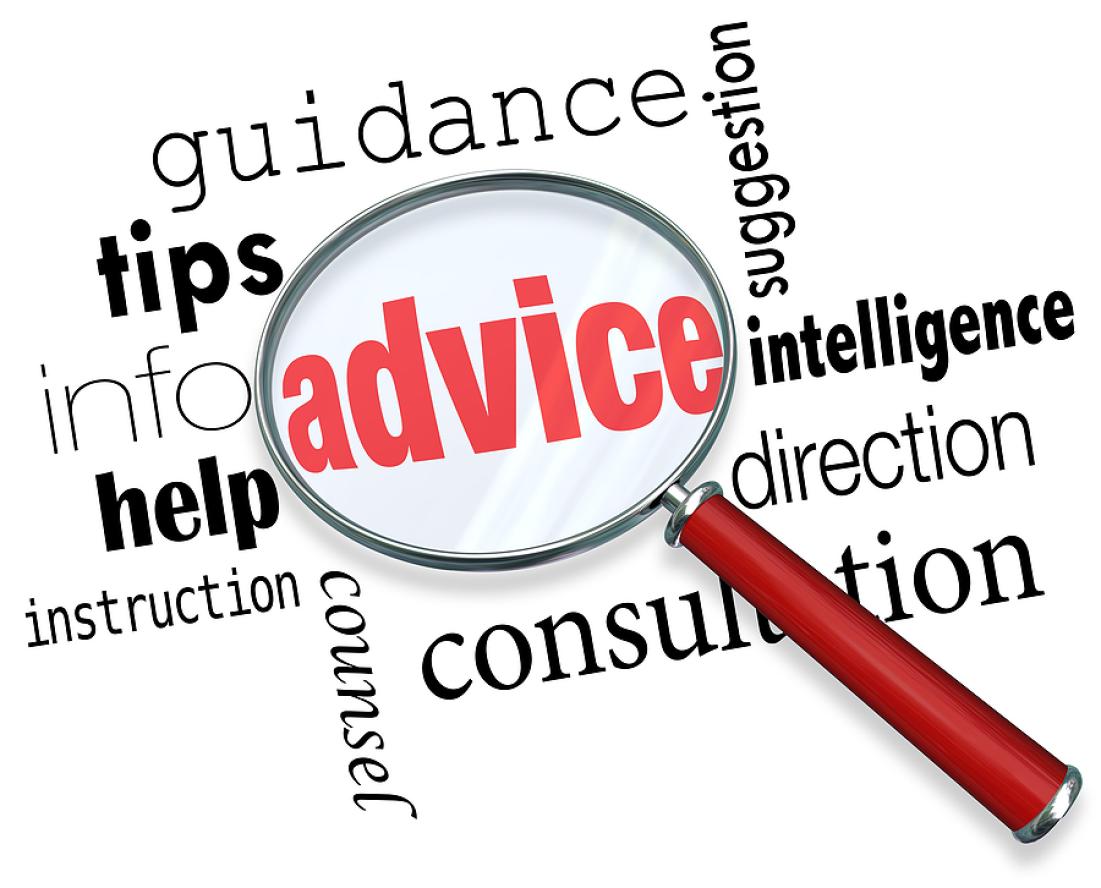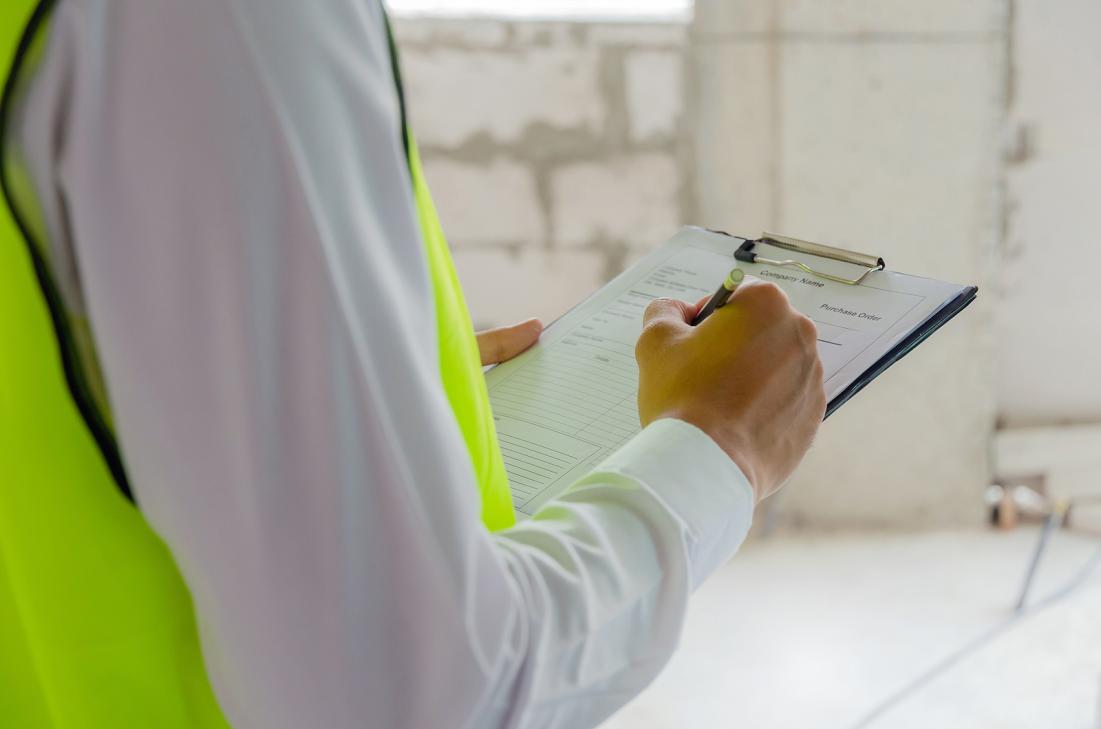
Dec
Landlord responsibilities when renting out a property
As a landlord you must: keep your rented properties safe and free from health hazards make sure all gas equipment and electrical equipment is safely installed and maintained provide an Energy Performance Cert
Read More






